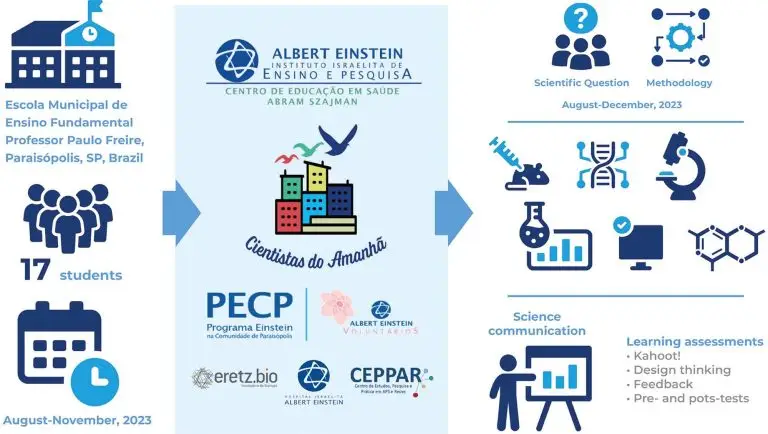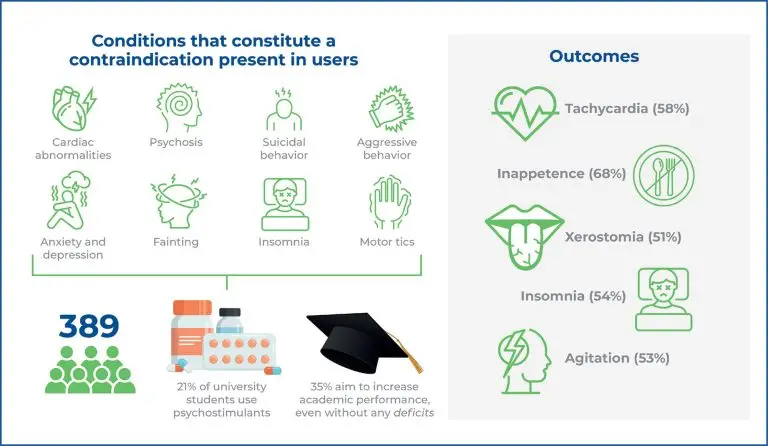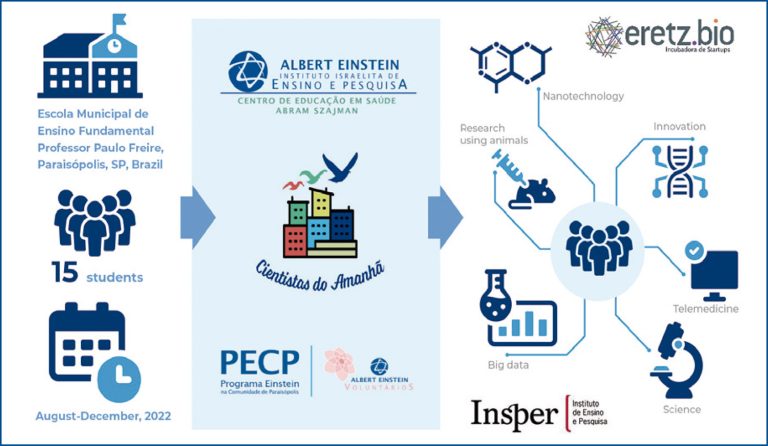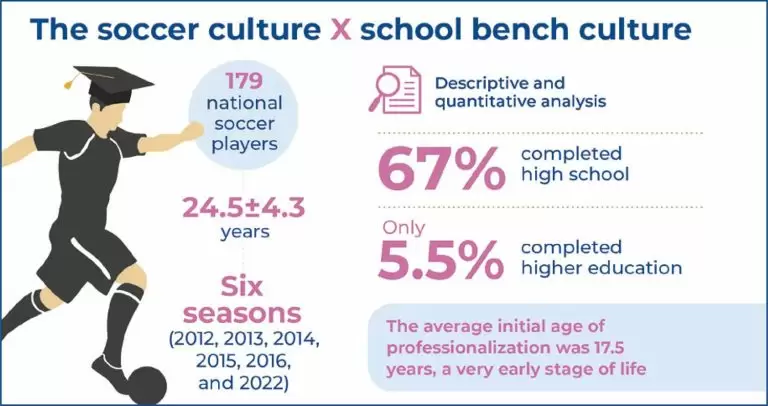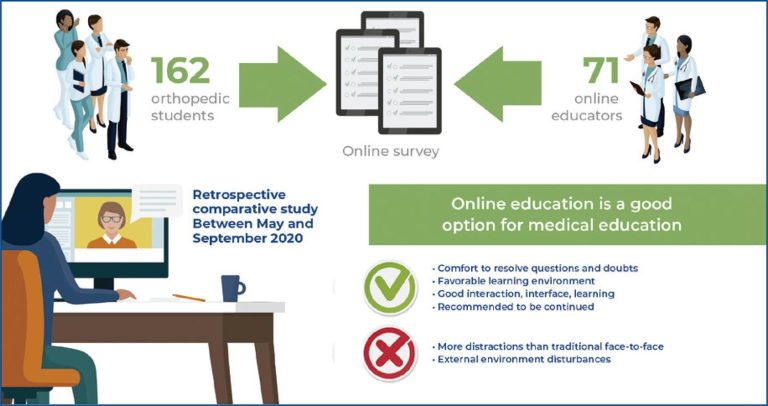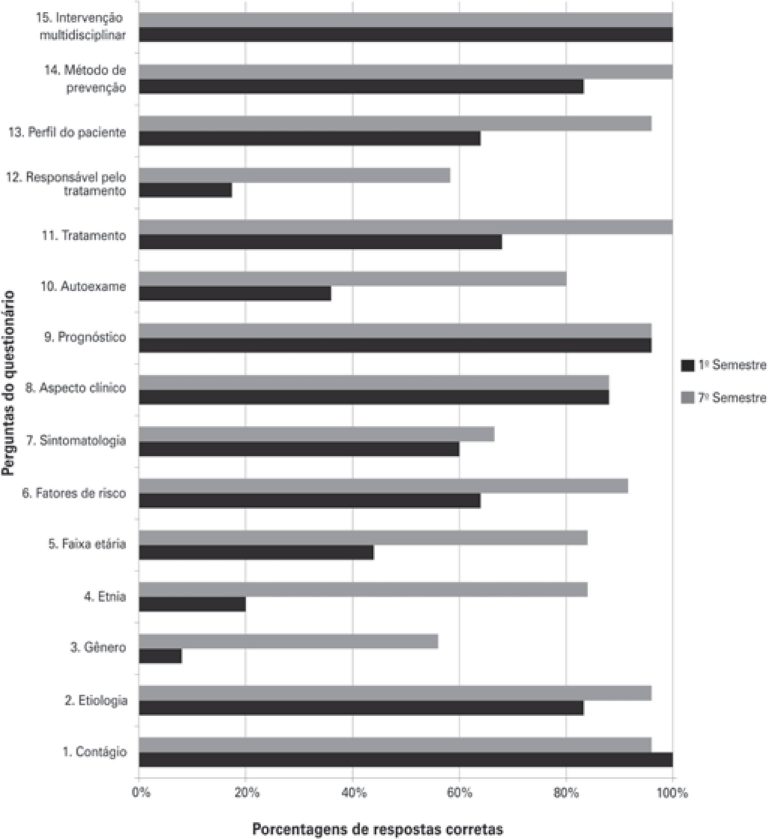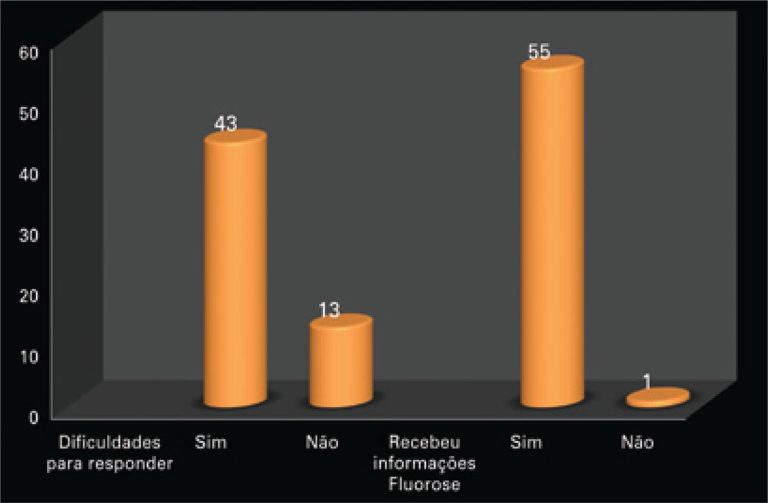11/jul/2025
Second Edition of the Scientists of Tomorrow/Cientistas do Amanhã Project: advancing scientific thinking, methodology, and equitable education
einstein (São Paulo). 11/jul/2025;23:eAE1513.
Ver Artigo11/jul/2025
Second Edition of the Scientists of Tomorrow/Cientistas do Amanhã Project: advancing scientific thinking, methodology, and equitable education
DOI: 10.31744/einstein_journal/2025AE1513
Highlights ■ Ensuring quality education, providing vocational training, and promoting communication technology, technical, and scientific programs are goals set by the United Nations to enhance learning opportunities for all. ■ Critical thinking, fostered through theoretical and practical activities, is essential for building relevant skills, including literacy and numeracy. ■ The Scientists of Tomorrow/Cientistas do Amanhã project is a reproducible initiative that can be implemented in other research centers and schools. ABSTRACT The Scientists of Tomorrow project is a partnership between […]
Palavras-chave: Brasil; Atenção à saúde; Educational personnel; Elementary school; Quality education; Instituições acadêmicas; Ciência; Scientific methodology; Soft skills; Estudantes de odontologia
18/nov/2024
Adverse events and safety concerns among university students who misused stimulants to increase academic performance
einstein (São Paulo). 18/nov/2024;22:eAO0895.
Ver Artigo18/nov/2024
Adverse events and safety concerns among university students who misused stimulants to increase academic performance
DOI: 10.31744/einstein_journal/2024AO0895
Highlights Psychostimulant use in the studied population revealed the following: ■ Lack of a valid diagnosis, unsupervised use, drug interactions, and adverse effects. ■ Concomitant use of alcohol and drugs and contraindications such as depression/anxiety. ■ Acquisition without prescription and use to improve academic performance. ABSTRACT Objective: To evaluate psychostimulant drug use among academics in the health area of a higher education institution in Minas Gerais, Brazil. Methods: We conducted an online cross-sectional study of 389 university students from various […]
Palavras-chave: Academic performance; Estimulantes do sistema nervoso central; Interações de medicamentos; Health sciences; Illicit drugs; Aprendizagem; Performance-enhancing substances; Prescription drugs; Estudantes de odontologia; Universities
19/dez/2023
Scientists of Tomorrow/ Cientistas do Amanhã : a project to inspire, stimulate scientific thinking, and introduce scientific methodology for young students
einstein (São Paulo). 19/dez/2023;21:eAE0622.
Ver Artigo19/dez/2023
Scientists of Tomorrow/ Cientistas do Amanhã : a project to inspire, stimulate scientific thinking, and introduce scientific methodology for young students
DOI: 10.31744/einstein_journal/2023AE0622
Highlights Every research endeavor commences with a fundamental question. Sharing of findings by researchers and students contributes toward the expansion of knowledge. Teaching scientific methodology is a pivotal step in nurturing critical thinking skills. Science permeates our daily lives and plays a crucial role in addressing societal issues. ABSTRACT The Scientists of Tomorrow/Cientistas do Amanhã project is an immersive science training program developed by the Program of Post-Graduation in Health Sciences at Hospital Israelita Albert Einstein. This program was conducted […]
Palavras-chave: Educação; Researcher exchange; Ciência; Estudantes de odontologia
11/out/2023
Contemporary reflection on the educational levels of high-performance soccer players in Brazil
DOI: 10.31744/einstein_journal/2023AO0269
Highlights Only 5.5% of Brazilian soccer players surveyed completed higher education. Of these 179 athletes, 67% completed high school. T۪۪he most educated were goalkeepers and defenders at 37% (66/179). Physical education for sports is different from educating the mind in terms of brain plasticity. ABSTRACT Objective: As the soccer culture in Brazil is more popular than schooling, this study reflected on the formal education levels of soccer (football) players through descriptive and quantitative analyses. Methods: We evaluated 179 national soccer […]
Palavras-chave: Atletas; Desempenho atlético; Avaliação educacional; Higher education policy; Self-directed learning as topic; Soccer; Estudantes de odontologia; Inquéritos e questionários
25/jul/2023
Changes in the methodology of medical teaching due to the COVID-19 pandemic
DOI: 10.31744/einstein_journal/2023AO0101
Highlights Teaching method preferences of medical students 162 and teachers 71 were evaluated. Both groups showed high satisfaction and a sense of learning in virtual classes. The virtual method resulted in worse retention of attention. The virtual method also showed higher interference from the external environment. ABSTRACT Objective To evaluate the perceptions of students and teachers regarding remote teaching modality in comparison with the traditional face-to-face method. Methods In this observational, retrospective, comparative, single-center study, questionnaires containing three major […]
Palavras-chave: COVID-19; Educação a distância; Educação médica; Aprendizagem; Motivação; Pandemics; School teachers; Estudantes de odontologia; Inquéritos e questionários; Ensino
01/jul/2016
Estudo comparativo do conhecimento sobre câncer bucal entre acadêmicos de odontologia
DOI: 10.1590/S1679-45082016AO3729
RESUMO Objetivo: Avaliar e comparar o conhecimento de acadêmicos de odontologia sobre câncer bucal. Métodos: Os acadêmicos foram divididos em dois grupos, de acordo com o semestre cursado na graduação: Grupo A, primeiro semestre; e Grupo B: sétimo semestre. Eles foram convidados a responderem um questionário referente a epidemiologia, fatores de risco, aspectos clínicos, soluções terapêuticas e autoexame bucal. Para a análise estatística dos resultados, foram utilizados o teste exato de Fisher, o teste G de Cochran e o teste […]
Palavras-chave: Alcoolismo; Estudantes de odontologia; Hábito de fumar; Inquéritos e questionários; Neoplasias bucais
01/out/2015
Diagnóstico diferencial de fluorose dentária por discentes de odontologia
DOI: 10.1590/S1679-45082015AO3472
RESUMO Objetivo Verificar o conhecimento de discentes de um curso de graduação em Odontologia ao diagnosticar casos de fluorose dentária nos diversos graus de severidade, bem como escolher seu tratamento adequado. Métodos O levantamento dos dados foi realizado por meio um questionário semiestruturado, que abordou o conhecimento dos acadêmicos sobre as imagens de bocas contendo alterações do esmalte dentário. Resultados Apenas três imagens foram diagnosticadas corretamente pela maioria dos acadêmicos; a maior dificuldade foi o diagnóstico da severidade da fluorose […]
Palavras-chave: Anormalidades dentárias; Diagnóstico diferencial; Estudantes de odontologia; Fluorose dentária; Hipoplasia do esmalte dentário


